Paul Biya, the world’s oldest president, is likely to return to power again after Sunday’s (October 12) presidential election in Cameroon. If re-elected, he would be 99 years old by the end of his next seven-year term.
Biya has been ruling the Central African country since 1982. With a grip on power for 43 years, he is now seeking his eighth consecutive presidential term.
Who is he? And what are his chances of returning?
Let’s take a closer look.
Who is Paul Biya?
Paul Biya, 92, first came to power more than four decades ago following the resignation of his predecessor, Cameroon’s first president, Ahmadou Ahidjo.
The nonagenarian has remained in power since and won every election in the past 20 years with over 70 per cent of the vote.
Before becoming the president, Biya served as the fifth Prime Minister of Cameroon from 1975 to 1982.
Cameroon has seen just two presidents since its independence from France in 1960.
As per AFP, Biya has ruled the country with an iron fist, repressing all political and armed opposition. Though he was trained to become a Catholic priest, he went on to study political science in Paris.
His health has been frequently speculated about, as Biya spends most of his time in Europe, with daily governance handled by key party officials and family members.
Impact Shorts
More ShortsThe Cameroon ruler’s overseas trips for medical treatment and holidays at a luxury hotel in Geneva have also triggered allegations of his spending tonnes of public money on himself and his entourage.
In 2018, an estimate by the international consortium of investigative journalists (OCCRP) found Biya’s trips had cost Cameroonians a total of $65 million (about Rs 577 crore).
He has awarded loyalists with key posts, including parliamentary speaker, army chief and the head of the state-run oil and gas company, reported AFP.
In 2008, Biya abolished term limits. He has stayed in power by adopting the divide and rule strategy, Cameroonian political scientist Stephane Akoa told the French news agency.
“If you try to go against Biya, you’ll be crushed,” said Titus Edzoa, a former chief Biya aide, who was arrested, accused of theft and spent 17 years behind bars.
Biya not ready to step aside
Even after ruling for more than 40 years, Biya still wants to cling to power. Cameroon is facing decades of economic stagnation, unemployment, and rising poverty.
Biya has promised to fix the economy and address youth unemployment and poverty. “I will never resign myself to the current situation,” he said at a rally recently. “Certainly, much has already been done. But I can assure you that the best is still to come.”
Under Biya, security challenges have emerged in the Central African country. Several parts of Cameroon are frequently attacked by separatists and insurgents.
Since 2016 end, violence has broken out between pro-independence armed groups in the English-speaking west and security forces, with each side regularly blaming the other for crimes against civilians.
Nine opposition candidates are challenging Biya to claim power.
Issa Tchiroma Bakary, his former spokesperson and minister of employment, resigned from the government in June to launch his own campaign. The 79-year-old is considered the frontrunner to ouster Biya after another leading rival, Maurice Kamto, was barred from contesting.
Bakary is from the north, a traditional stronghold for Biya that represents a huge segment of the electorate.
Bello Bouba Maigari, who was in charge of tourism, is also in the presidential race.
“We shouldn’t be naive. We know full well the ruling system has ample means at its disposal to get results in its favour,” Cameroonian political scientist Akoa told AFP, adding that the campaign had been “much livelier” in recent days than previous ones.
“This poll is therefore more likely to throw up surprises,” he said.
Is Biya’s return set in stone?
Most analysts say elections in Cameroon are rigged to keep Biya in power. “The institutions are designed to ensure he wins,” Hubert Kinkoh, a political and security analyst, told New York Times (NYT).
However, some believe the youth of the country could prevent Biya from returning to power. More than 60 per cent of Cameroon’s 30 million (three crore) people are below the age of 25.
“You could feel that, for the first time, change of government is possible through the ballots,” Kinkoh told NYT, “because there is a whole new generation of voters who are more critical and are not swayed by party affiliations.”
“Young people here see Gen Z revolutions in countries like Kenya,” Ngala Desmond Ngala, a Cameroonian youth activist, said to NYT. “They’re looking at what’s happening in these countries and looking at theirs and are saying, ‘Why can’t we even lead something like that in Cameroon?’”
About four people in 10 live below the poverty line in Cameroon, according to the World Bank. It predicted that one in every four Cameroonians is vulnerable to slipping into extreme poverty in the next 15 months.
Voters complain of the high cost of living, increasing unemployment and a lack of clean water, healthcare and quality education.
Hassane Djbril, a driver in the capital, Yaounde, told Reuters that there were “no jobs” for those seeking work. “We want change because the current government is dictatorial,” he said, adding that he planned to vote for Bakary.
Herves Mitterand, a mechanic in Douala, told Reuters he also wanted Biya to go. “For me, things have only gotten worse,” he said. “We want to see that change, we want to see it actually happen. We don’t want to just keep hearing words any more.”
Dr Benjamin Akih, an activist and professor at Syracuse University, told Associated Press (AP), that Bakary could win due to Biya’s age and long track record of running Cameroon.
“I think this election is different. Mr Biya was the weakest candidate the CPDM could put forward on account of his age and the poor state of the country after his 43 years in power," he said.
Presidential elections were held on Sunday and it could take up to 15 days to declare a winner.
As per Cameroon’s single-round electoral system, the candidate who wins the most votes, even if they have not secured a majority, is announced the winner.
“A surprise is still possible, but a divided opposition and the backing of a formidable electoral machine will, we predict, give the 92-year-old his eighth term,” Francois Conradie, lead political economist at Oxford Economics, was quoted as saying by Reuters.
“Although we think he isn’t very aware of what is going on, it seems that the machine he built will divide to rule one last time,” Conradie added.
With inputs from agencies


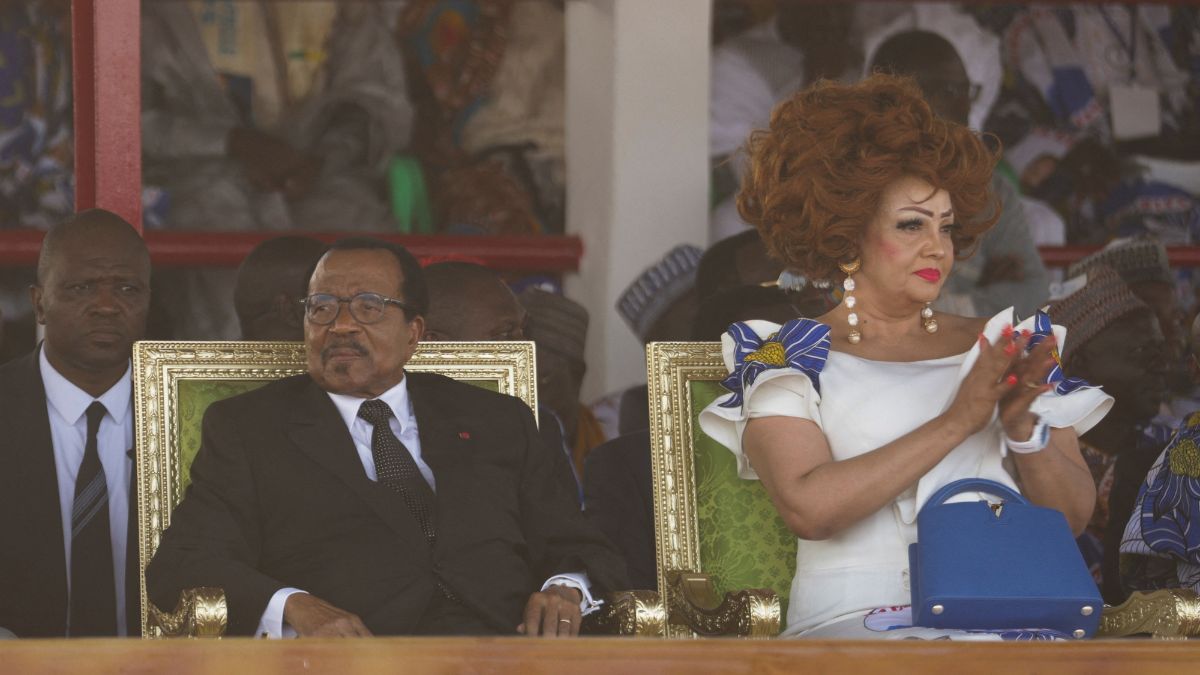)
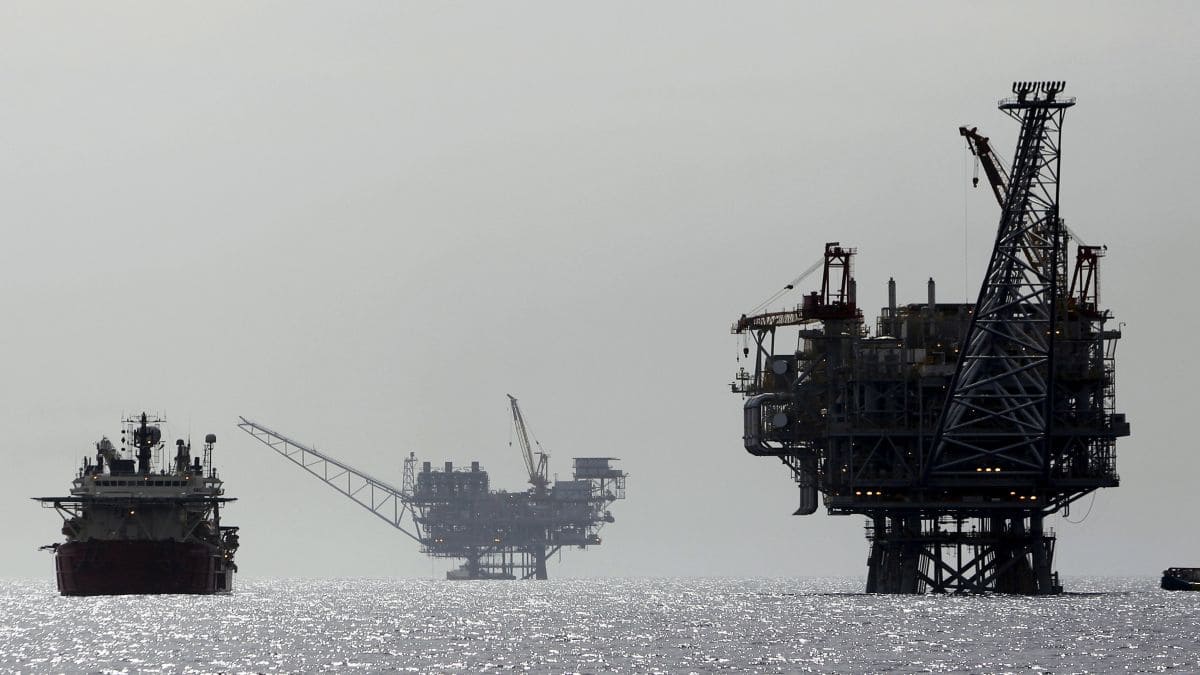
)
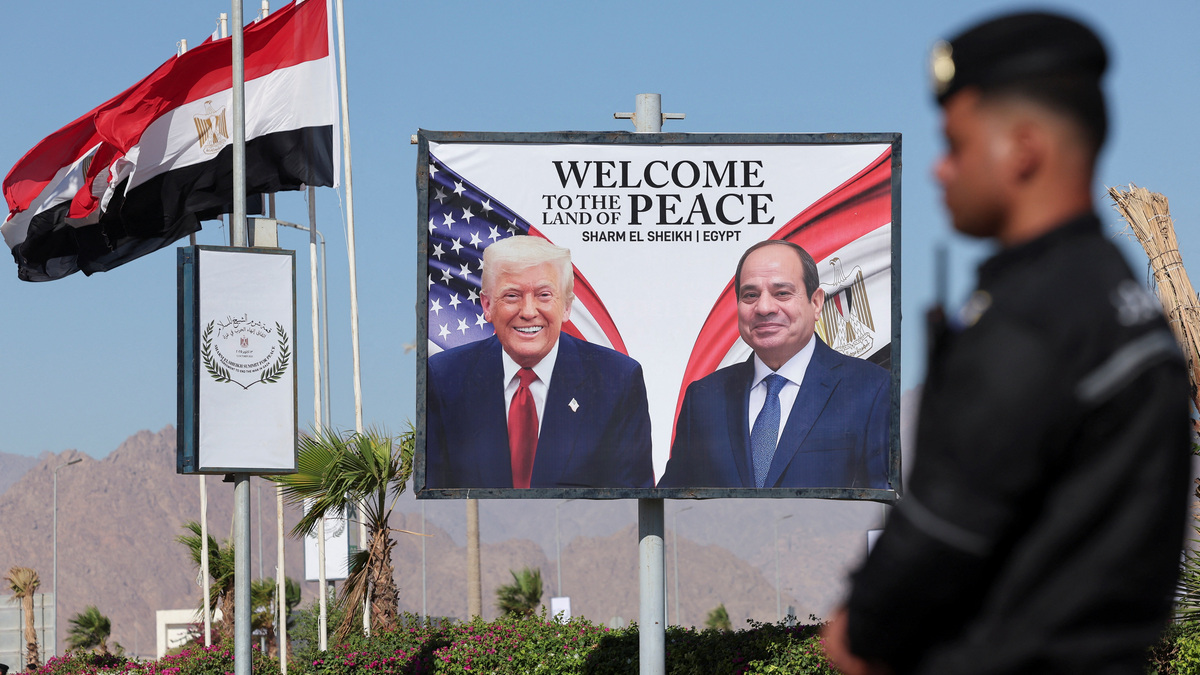)
)
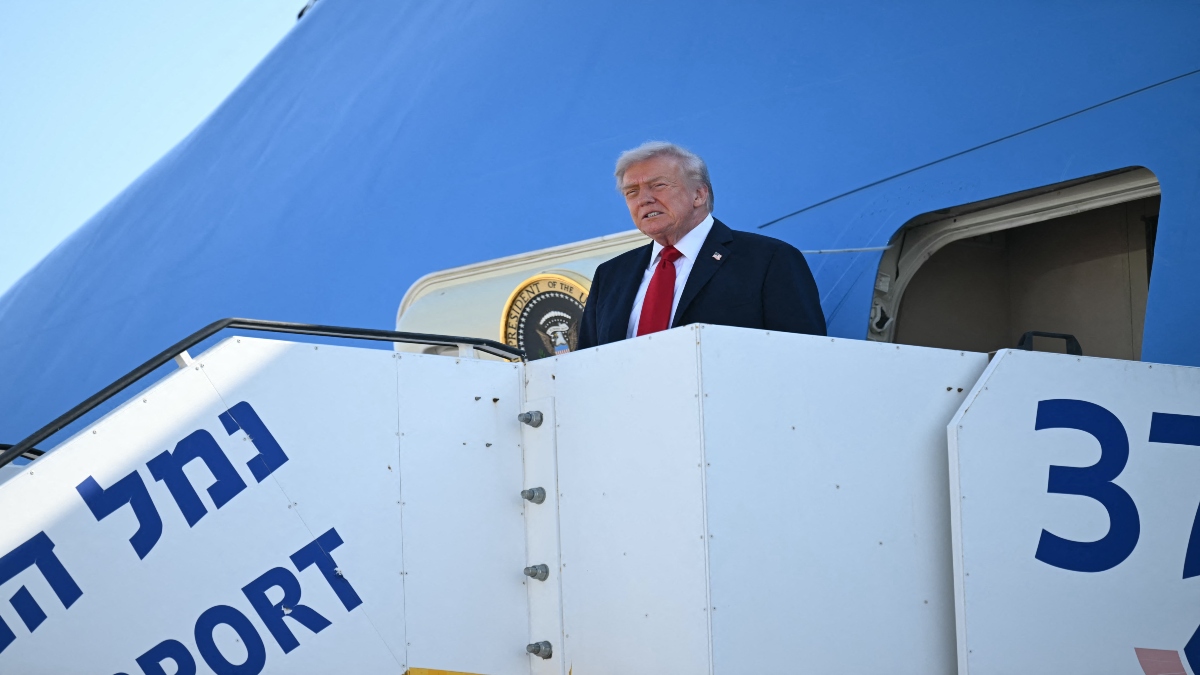)
)
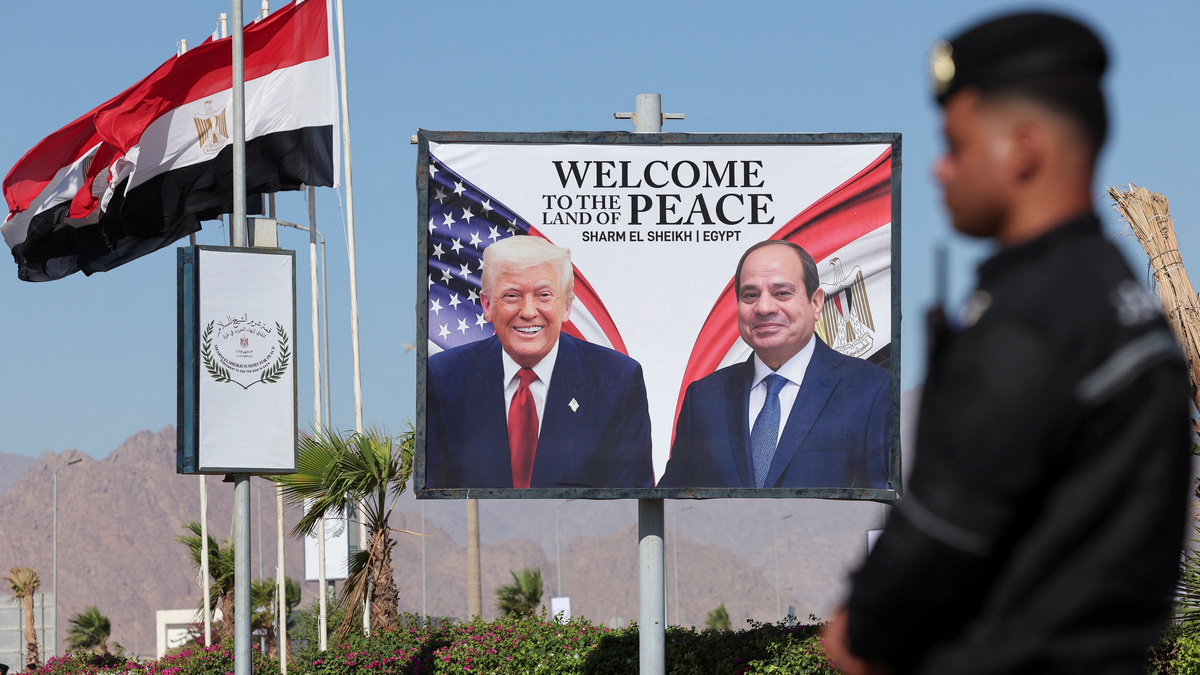)
)
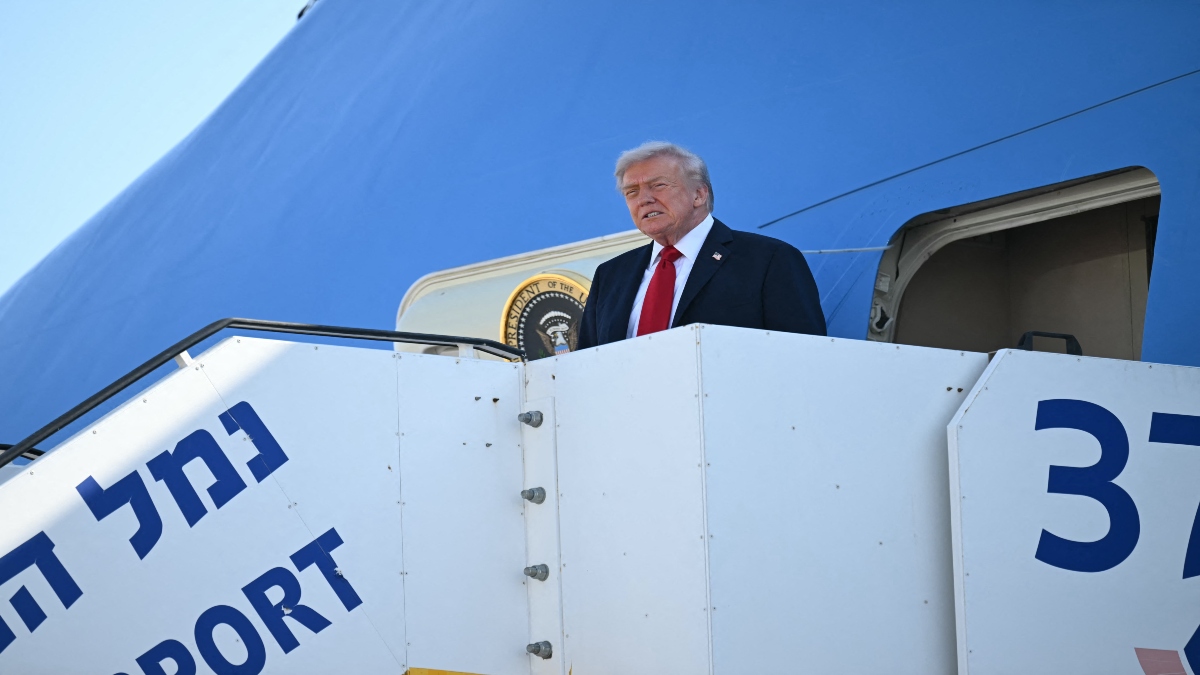)



